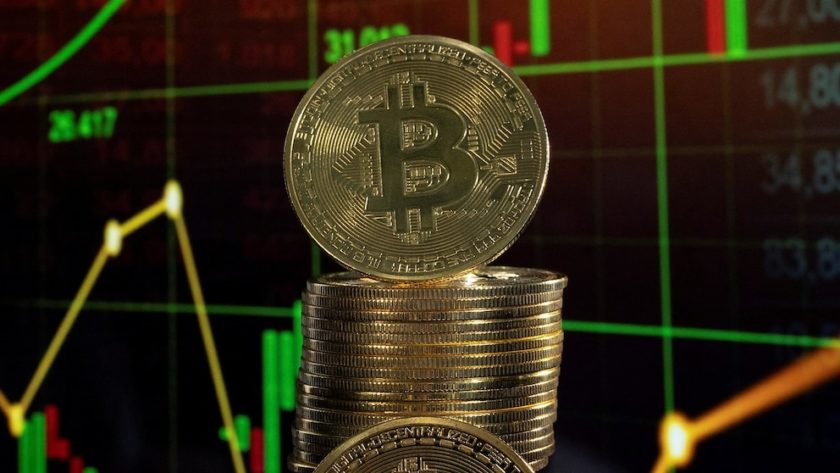Photo: Brookings Institution / Flickr
Over the last year, Cryptocurrency companies across the globe are pushing it hard to get a Bitcoin ETF approval. However, the SEC has remained absolutely firm about its call on issues of market manipulation. Reiterating his stand, chairman of the U.S. Securities and Exchange Commission (SEC) said that he still has a few worries before getting “comfortable” with the investment product.
Clayton remarked during the ongoing Clayton remarked during CoinDesk’s Consensus: Invest conference in Manhattan. He further added:
“What investors expect is that trading in the commodity that underlies that ETF makes sense and is free from the risk of manipulation. It’s an issue that needs to be addressed before I would be comfortable.”
Crypto Exchange Don’t Have Market Surveillance Tools
During his interview, Clayton stressed that crypto exchanges don’t employ robust market surveillance tools as the stock exchanges. He thus believes that investors don’t get a fair assessment of the Bitcoin price. The Nasdaq and the New York Stock Exchange (NYSE) have got their own surveillance and monitoring systems. These systems help to get rid of the manipulative and abusive activities taking place on the exchange.
“Those kinds of safeguards do not exist currently in all of the exchange venues where digital currencies trade. . . When you see an asset trade on [the] Nasdaq or NYSE, there’s a great deal of surveillance preventing you and me from teaming up and pretending we’re decentralized. Those sort of safeguards do not exist in a lot of markets where digital currencies trade,” he said.
However, there are some exceptions though! Earlier in April this year, popular crypto exchange Gemini announced a collaboration with Nasdaq to use the latter’s SMART surveillance technology. Gemini CEO Tyler Winklevoss then said that it would help the exchange to offer a fair and “rule-based marketplace”.
Talking on Treating ICO tokens as Securities
While speaking on the issue of whether ICOs constitute as security offerings, Clayton has a crisp and clear explanation. “If you finance a venture with a token offering, you should start with the assumption that it is a security,” he remarked. Citing the example of XRP, the SEC chairman said that some tokens don’t have a clear outcome. He said that “some of these questions require a lot of information” without going on the details about them.
He later went to explain the more obvious cases. “I’m selling you my token; I’m going to go off and produce a venture and, hopefully, you’ll get a return for having purchased that token,” he said.
Clayton also had a word of advice for companies pitching tokens to investors. “If there’s a gap between what you’re telling [the SEC] and what you’re telling people investing in your venture, that’s not a good place to start.”
However, during the interview, Clayton further made it clear that on the matter of “ICO tokens as securities,” he was speaking in a personal capacity and not on behalf of the agency.




